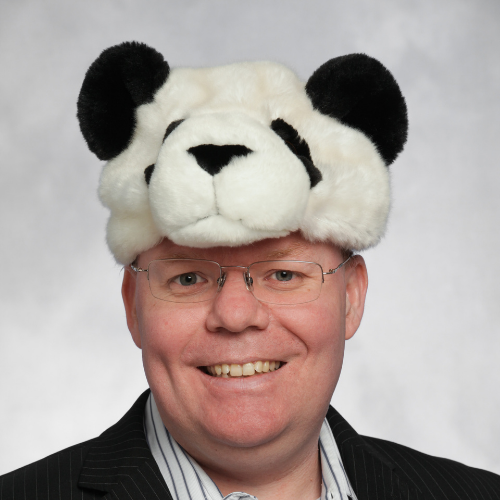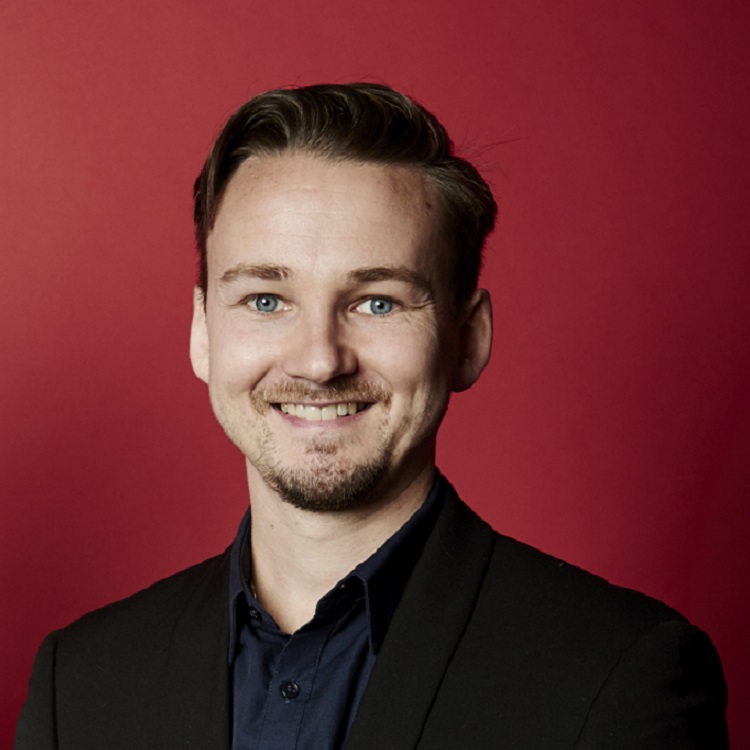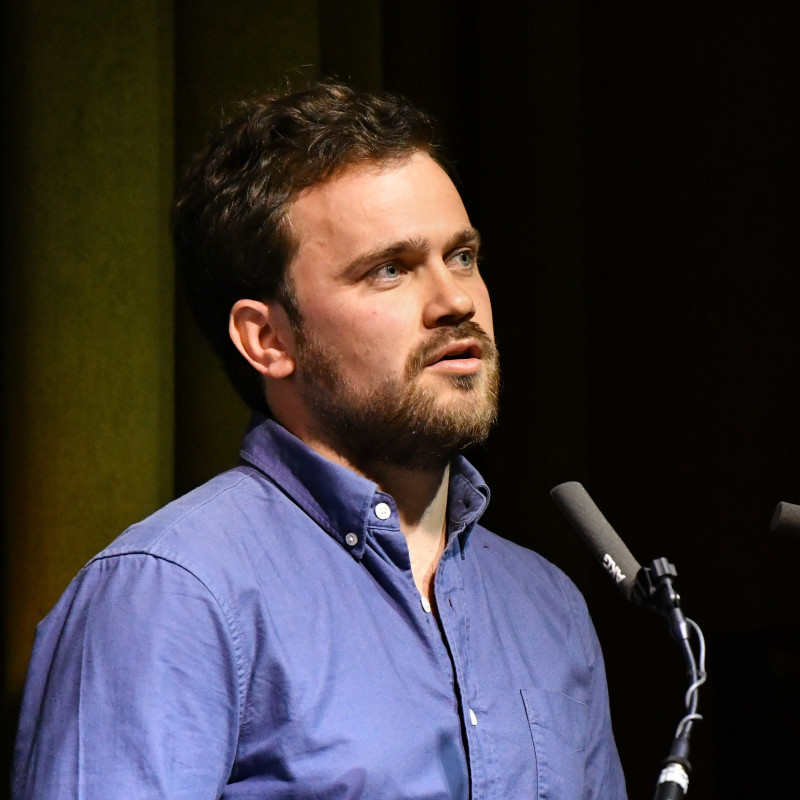
Chris Forbes, Cheeky Panda
Panic buying during lockdown has turbo-charged the demand for Cheeky Panda's bamboo toilet paper and enabled it to triple the size of its workforce. Co-Founder Chris Forbes explains how his eco-friendly business is reaching new heights.
- What was the inspiration for your business?
My wife Julie had the idea of creating toilet paper out of bamboo because it grows much faster than wood. We got some samples made and I said, “this product is really good, why is no-one doing it? Let’s go and investigate it.” So we went to visit Julie’s parents who lived in China; there was bamboo growing everywhere and I realised there was this massive untapped potential. We wanted to check if other people thought it was a good idea before we started the business so we did a Crowdfunder campaign to raise £12,000 which was successful. That gave us confidence that the market wanted this type of product and allowed us to pre-sell our bamboo toilet paper to different retailers, so that when we actually launched the product, we already had a revenue stream. We now also make other products from bamboo such as kitchen roll, hand towels and baby wipes.
- How did you find your first customer?
Our first customer was Amazon because it has a deal with Crowdfunder that any products that are successfully crowdfunded go onto their Kickstarter programme. Amazon remains one of our biggest clients and we do a significant amount of sales with them every month.
- How did you finance the growth of your business?
On the back of the crowdfunding campaign we managed to get £100,000 of Angel investment, some of it from a friend. His investment is now worth more than 50 times what he put in so he has done well out of it.
- What has been the most difficult or challenging part of growing your business?
Dealing with working capital, because it can be six months between us buying the product and selling it. That means if you are selling £100,000 of product a month, you have got to finance £600,000 worth of stocks and costs. And until your business gets to a certain size, the banks don’t really want to offer you any assistance. That is one of the reasons why we have done multiple fund raising, because it costs us £2 million just to fund the working capital of the business.
- What has been the impact of the pandemic on your business and how have you dealt with this?
It accelerated the brand quite significantly because our monthly sales more than doubled and we took on some major contracts that we probably wouldn’t have got for another 18 months. The biggest one was with Tesco – we sold about £2.5 million worth of products to them because their existing suppliers weren’t able to meet the demand when everyone started panic buying. As a result our products were used by about a million more customers than they would have been.
As a result of the increase in sales we were able to hire 20 more employees which increased our workforce from 10 to 30 people. It was nice to be able to give jobs to good people who had been made redundant in unfortunate circumstances.
- What has the pandemic taught you about your business?
As our volumes increased so much it allowed us to stress test our supply chain and prove to ourselves and to our clients that we are a business that can scale rapidly.
- What has been the secret of your success so far?
Having high quality environmentally friendly products. You can’t just have an environmentally friendly product – if it is not high quality then people are not going to buy it, or you will have a small fan base but not enough to create a business. We always wanted something that could compete with the mainstream rather than be on the fringe.
- What advice would you give an entrepreneur just starting out about how to grow their business?
Know your market before you get involved and know that what you are offering is going to be different to what is already in the market. If you are just copying other businesses then it is going to hard for you to differentiate yourself, so look for a product or service that is quite unique.
- What personal quality or characteristic has been most useful to you as an entrepreneur as you grow your business?
Tenacity.


